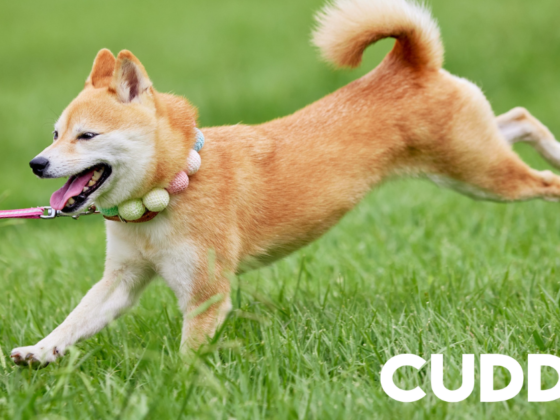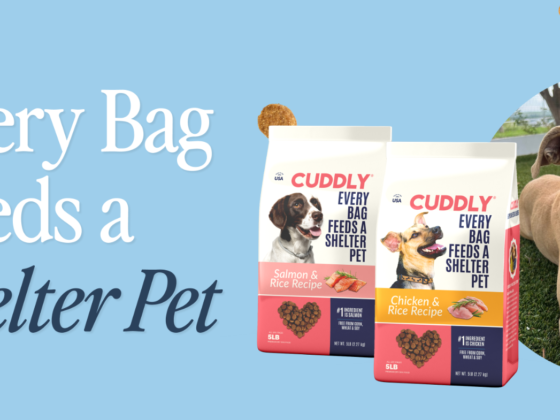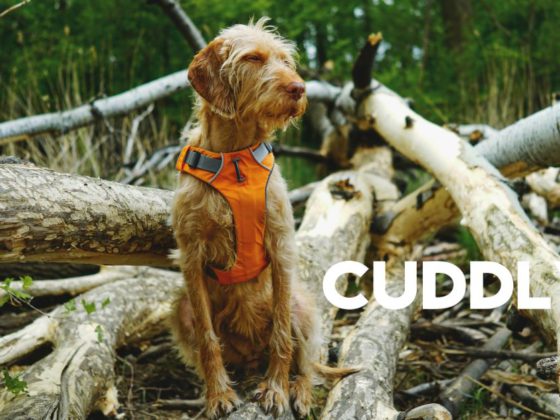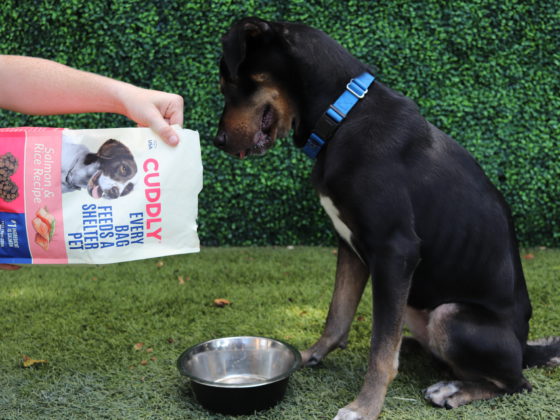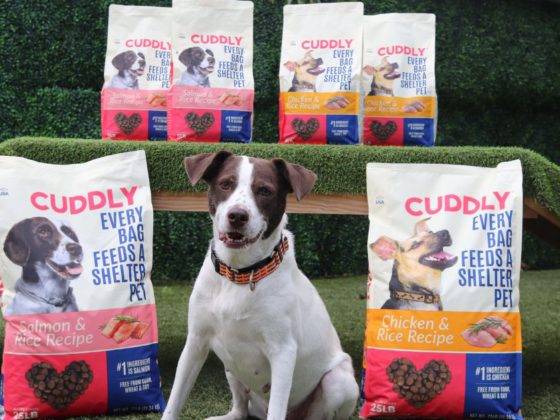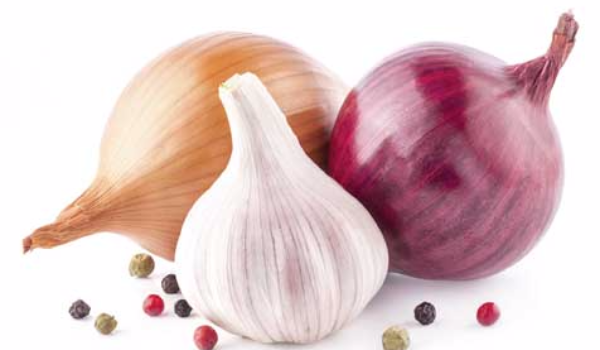
#1 Onions & Garlic
While not harmful in smaller doses, ingestion of large quantities of these vegetables can result in damage to red blood cells as well as gastrointestinal distress. Signs of ingestion include panting, loose stool, high heart rate, and blood in urine. Store onions and garlic out of the reach of dogs to prevent allowing for a possible toxic dose.

#2 Household Plants
There are nearly 400 common household plants that are poisonous when chewed by dogs. Daisies, lantana, and periwinkle are among those that could cause vomiting, liver failure, and death, respectively. For a complete listing of which plants to look out for, visit ASPCA’s Animal Poison Control website.
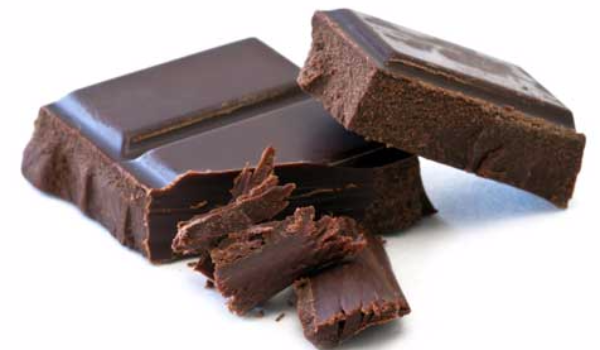
#3 Chocolate
The most common source of poisoning among dogs, chocolate can be dangerous in low quantities depending on the level of the stimulant methylxanthine. Baking chocolate and cocoa contain the highest levels, followed by dark, milk, and white chocolates.
Ingestion can lead to pancreatitis in dogs, a condition in which the pancreas becomes inflamed and leads to symptoms such as diarrhea, panting, seizures, and excessive thirst and urination.
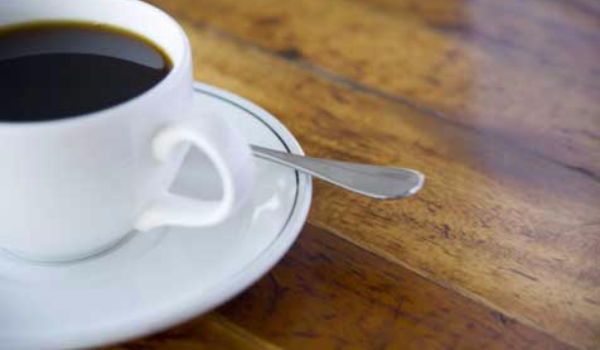
#4 Caffeine
Like chocolate, caffeinated items such as coffee, tea, or soda contain methylxanthines. When ingested, these substances can cause elevated heart rate, vomiting, seizures, or death in dogs.
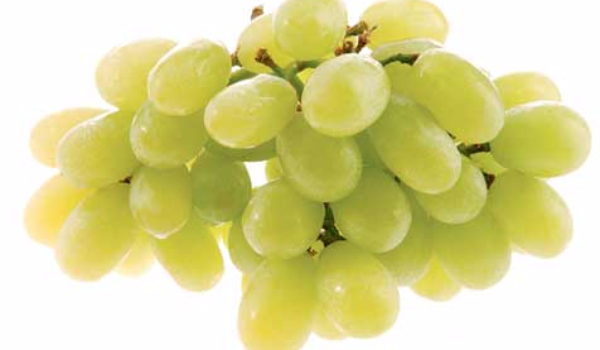
#5 Grapes and Raisins
Grapes, and their dehydrated form as raisins, can lead to renal (kidney) failure if consumed by dogs. Because little is known as to the actual cause, or how much must be ingested before injury occurs, it is recommended to avoid feeding grapes or raisins to dogs in any amount.
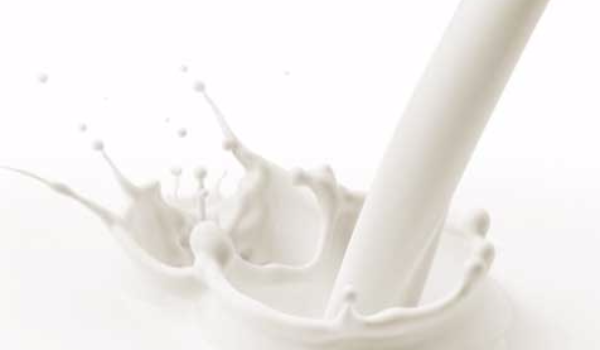
#6 Dairy Products
Dogs are lactose-intolerant, meaning they do not possess the enzyme necessary to break down the sugar in dairy products, known as lactose. This undigested sugar can cause digestion issues, including diarrhea, so it is advised to avoid feeding milk, cheese, or ice cream to dogs.
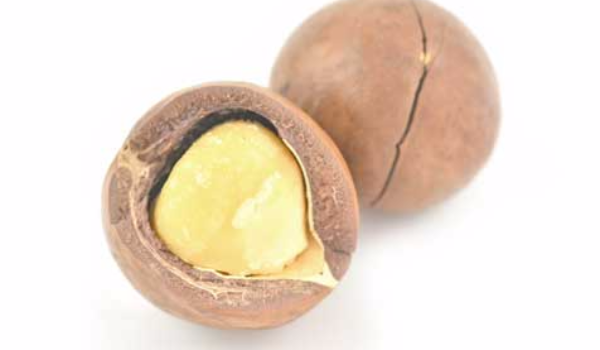
#7 Macadamia Nuts
A common ingredient in sweets such as cookies, Macadamia nuts are highly poisonous to dogs, resulting in weakness, hyperthermia, and vomiting when ingested. If you’re like us, there are rarely any of these delicious treats left once opened; however, for those of you with more self control, we recommend storing these items outside of a dog’s reach.
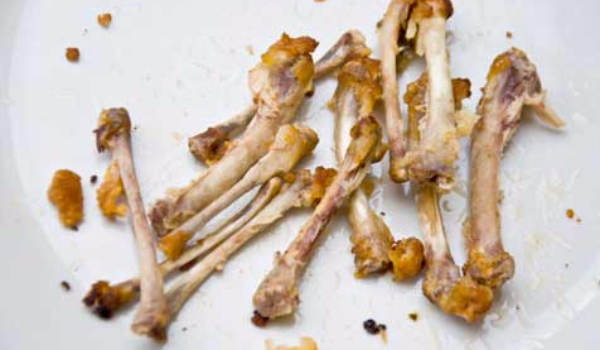
#8 Chicken Bones
Both raw and cooked chicken bones are not easily digested and can cause blockages or punctures in the digestive tracts of dogs. In addition to these obvious dangers, raw bones and meat can carry harmful bacteria such as Salmonella and E. coli, which can cause dogs to fall ill just as they do humans.
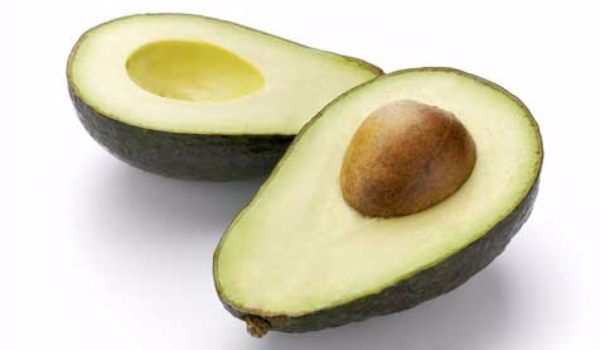
#9 Avocado
Avocado pits contain a naturally occurring fungicide called persin, which is mildly toxic to some breeds. This substance can enter the flesh and skin of the fruit, and its consumption by dogs can result in diarrhea and vomiting if consumed in large quantities.
However, the greatest danger lies in potential gastrointestinal obstruction if the pit is consumed; therefore, it is advisable to keep foods containing avocado, as well as any skin and pits, away from dogs.
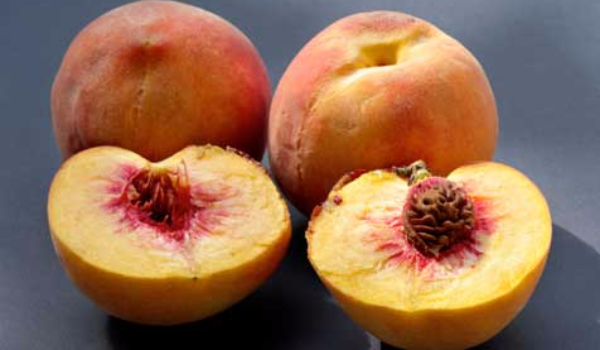
#10 Peach and Plum Pits
In addition to being potential sources of digestive tract blockages for dogs, the pits of peaches and plums contain the deadly poison cyanide. When ingested by dogs in small doses, cyanide can cause labored breathing, panting, shock, and in some cases death.
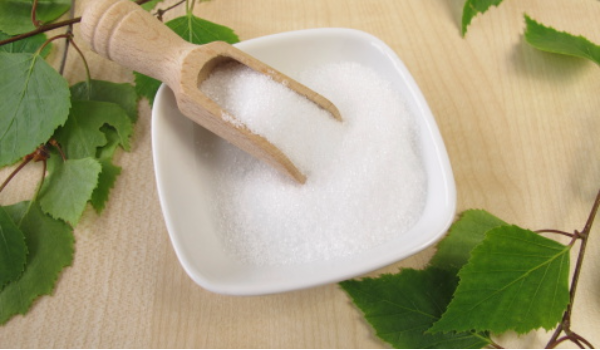
#11 Xylitol
This artificial sweetener is used in several sugar-free products meant for human consumption, such as candy, gum, snacks, and toothpaste. For canines, eating this substance can result in life-threatening conditions, such as liver disease and hypoglycemia. Given their heightened sensitivity, it is strongly advised to keep products containing xylitol away from dogs.
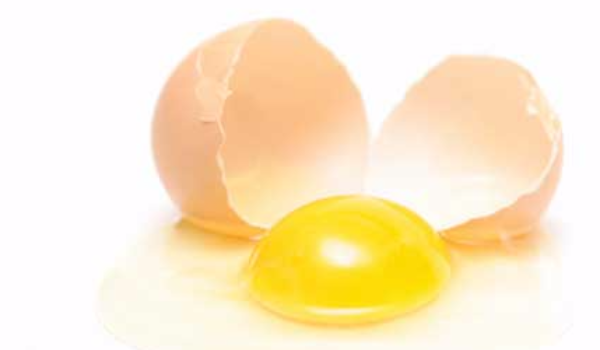
#12 Raw Eggs
A source of the harmful bacteria Salmonella, raw eggs are not advised for consumption by dogs. In addition to this concern, raw eggs contain an enzyme called avidin that interferes with Vitamin B metabolism, which can lead to problematic skin and hair conditions, among others.
While cooked eggs pose no known health hazard to our canine friends, be advised that some dogs can be allergic to them.
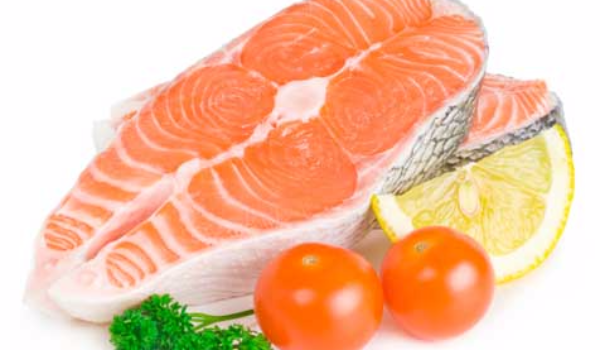
#13 Raw Fish
Several species of fish are inhabited by parasites that can cause fatal conditions in dogs. Therefore, avoid feeding dogs raw or undercooked fish. Cooked fish, however, is a good source of protein with healthy amino acid profiles, containing many of the essential amino acids that dogs are unable to produce on their own.
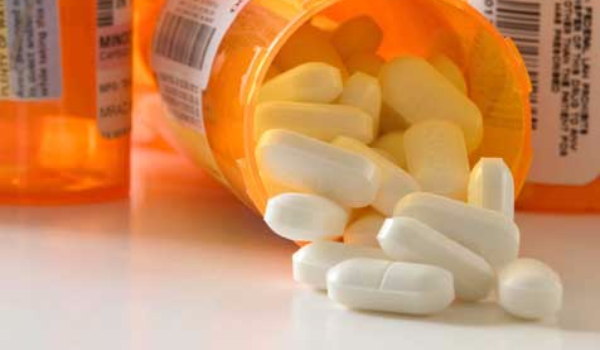
#14 Human Medication
We know that medication is not food but we believe this an important one to cover. While there are many examples of shared medications between the canine and human world, only those prescribed by a veterinarian will ensure that the dosage, application, and type are correct for your dog.
Many medications and dosages, even over-the-counter varieties, can cause irreversible injury or death in dogs.

#15 Household Cleaners
It goes without saying that anything that is harmful for humans is likely dangerous for dogs. Yet, it is all too easy to forget about storing chemicals and cleaners away from a dog’s reach. Many such products have a taste that is not off-putting to your pet, and are likely to be found in a container some dogs may find attractive to chew. To be safe, store any such items in a closed cupboard or dog-proof container.
To see dogs and cats in Rescue Shelters that need your help click here.
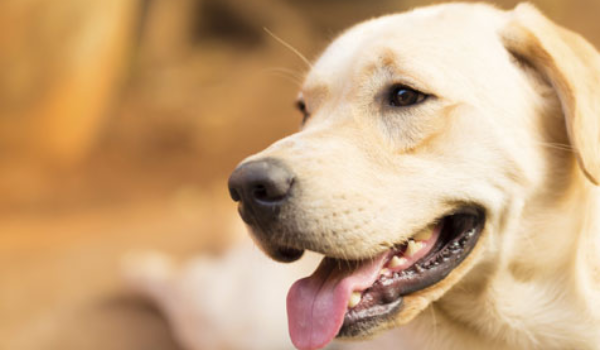
While many of these foods are obvious, there were a few on our list that people may have not been familiar as being dangerous to dogs. Don’t worry though not all human foods are off limits to pups. If you want to share a tasty snack with your fur-baby, here are four foods that not only you can give to your dog, but also bring many health benefits to them.
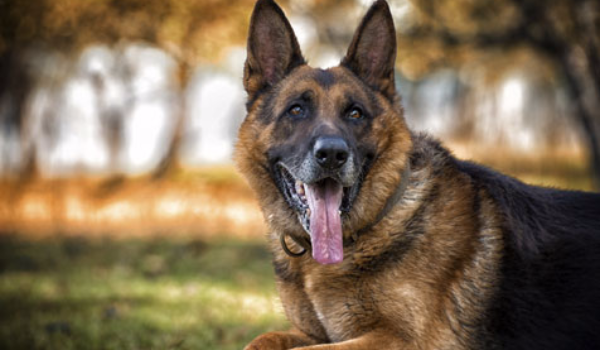
The Benefits of Pumpkin
Pumpkin not only tastes great, but also has a ton of health benefits for your pooch. It is high in fiber and does wonders for the digestive system. It’s rich in fatty acids, which is great for their skin and fur.
Pumpkin also contains beta-carotene, antioxidants, and tons of healthy minerals. Make sure you stay away from ones with added spices, fats and sugars though; plain, canned pureed pumpkin is the best choice for your pup.
Not sure how to integrate it into your dog’s diet? Add a tablespoon to your dog’s usual meal. Or if you want to get fancy, try making your dog her/his own treats!
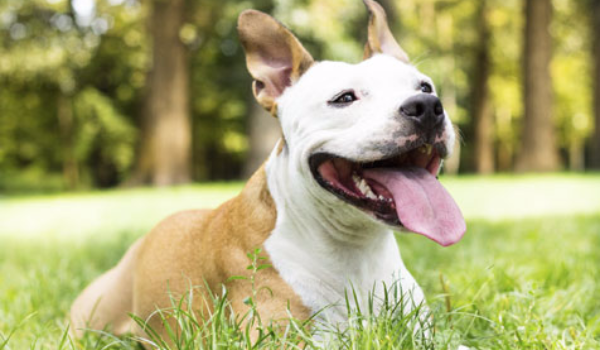
The Benefits of Carrots and Green Beans
Every meal needs to be well-balanced, especially for your pets. There are plenty of veggies for you to choose from. Carrots and green beans are both low calorie and packed with tons of vitamins.
As much as we love to season our vegetables, skip that step and serve them steamed or boiled. You can also feed your pup sweet potatoes, since they’re high in beta-carotene and fiber. Like the other veggies, these should be given before anything extra is added.

The Benefits of Coconut
Your dogs will go loco for coco! Dogs can chow down on coconut, which contains lauric acid. The lauric acid is a fatty acid helps to strengthen the immune system and fight off viruses. Coconut is also great topically on your pups skin and coats. It’s great for soothing itchy skin and hot spots on dogs. However, the outside of the coconut is a big no-no. Those tiny hairs covering the husk are a major choking hazard for dogs.

The Benefits of Watermelon
A classic summer staple is the sweet fruit watermelon. You and your dog can enjoy this juicy treat together. Since watermelon is made of 92% water, the delicious fruit is great for keeping dogs hydrated and preventing heat stroke.
Watermelon is not only refreshing, but packed full of vitamins that can help with your pup’s health. This fruit contains vitamins A, B6, and C, which can help make your dog’s coat shiny and keep their teeth in good shape.
Note: be sure to remove all of the seeds before giving a serving to your pup. The seeds from watermelon can cause intestinal discomfort or even a blockage.
Send nutritious treats through rescue animals’ wishlists to support healing and recovery.





